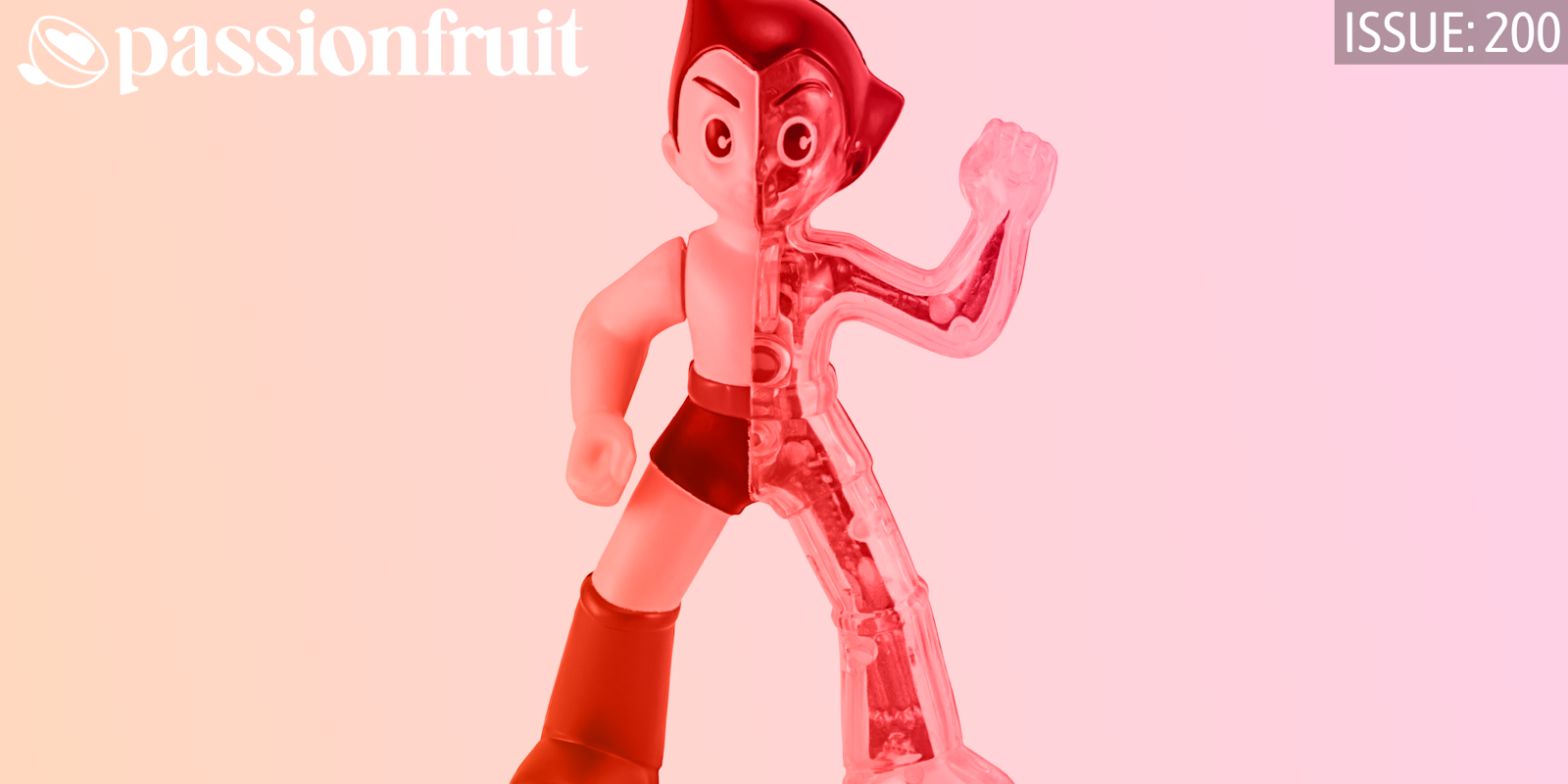
I’ve been watching this dystopian anime murder mystery Netflix TV miniseries called “Pluto,” which is basically about a world where artificial intelligence has become so advanced that robots have accumulated similar rights to humans. The “Pluto” TV show is based on a 2003 manga by Takashi Nagasaki and Naoki Urasawa, whom “Parasite” filmmaker Bong Joon-ho called “the greatest storyteller of our time.” It’s a beautiful, heartwrenching hit, which skillfully incorporated references to the timeless 1952 manga about a child robot, “Astro Boy.”
It makes sense Netflix chose to adapt “Pluto” to the TV screen at a time like this, when AI skepticism, fear, and excitement have entered the public zeitgeist more than ever before. And in particular, everybody is really concerned about how AI robots fit into our current legal system.
In the “Pluto” TV show, most humans live in harmony with artificial intelligence and consider highly advanced robots to be human-like in nature and deserving of the same rights as humans, codified in a “Robot Bill Of Rights.” However, the question of whether or not robots can really feel and create art like humans do is up for debate. (Cue Paul Duncan playing the piano.)
Why am I writing about this topic in a newsletter about digital content creators? Mainly because the story raises questions that certainly are relevant to creators and completely up for debate: How exactly do human laws translate to robotkind? Are robots and humans the same under the law? Do we want them to be?
Things get particularly difficult to ascertain when it comes to digital creativity. Last Wednesday, the New York Times sued OpenAI and Microsoft for AI plagiarism. According to the complaint, the tech companies scraped “millions” of the NYT’s articles, sometimes resulting in verbatim replicas of their copyrighted work.
Legal experts told the Washington Post that if robots “directly reproduced” rather than “paraphrased” the articles, the Times may have a strong case for copyright infringement. Under copyright law, transformation is legal, but copying is not. Basically, if the “output” of the AI is really similar to the articles, then they could win.
Of course, when humans get creative, we usually paraphrase other people’s ideas, comment upon information discovered by someone else, or “steal like an artist” — saying it’s ethical as long as we significantly transform those pieces of information into something new in the process. Currently, Microsoft and OpenAI are attempting to convince the courts that their AI is doing just that.
But AI, unlike humans, retains perfect copies of every bit of information it ingests. It only makes sense then that it accidentally produces near-exact copies of what it trains off of.
According to the Post, “OpenAI’s position is that the examples in the Times’s lawsuit are aberrations — a sort of bug in the system that caused it to cough up passages verbatim.” Robot plagiarism is not driven by the foibles of mankind (greed, foolishness, maliciousness) but by “bugs” in a system. A robot’s creativity may pass off as human creativity in the latest Turing tests, but most of us can agree that it is not really human after all.
In that sense, the more interesting question lying underneath all this is should robots have the legal rights to “creatively transform” human works? Maybe not…
– Grace Stanley, Newsletter and Features Editor
In Today’s Newsletter:
- The Pat McAfee Feud Highlights a Real Dilemma for Livestreamers
- Twitch Takes Yet Another Swing At ‘Implied Nudity’ In Latest Rule Change
- Disney Let Its Copyright Chokehold Over Mickey Mouse Loosen (But Only a Bit)
- One Of The Biggest Creators, MrBeast, Is Snubbing X — Here’s Why
- TikTok Shop Is Taking a Bigger Cut From Sellers. Will It Alienate Brands?



